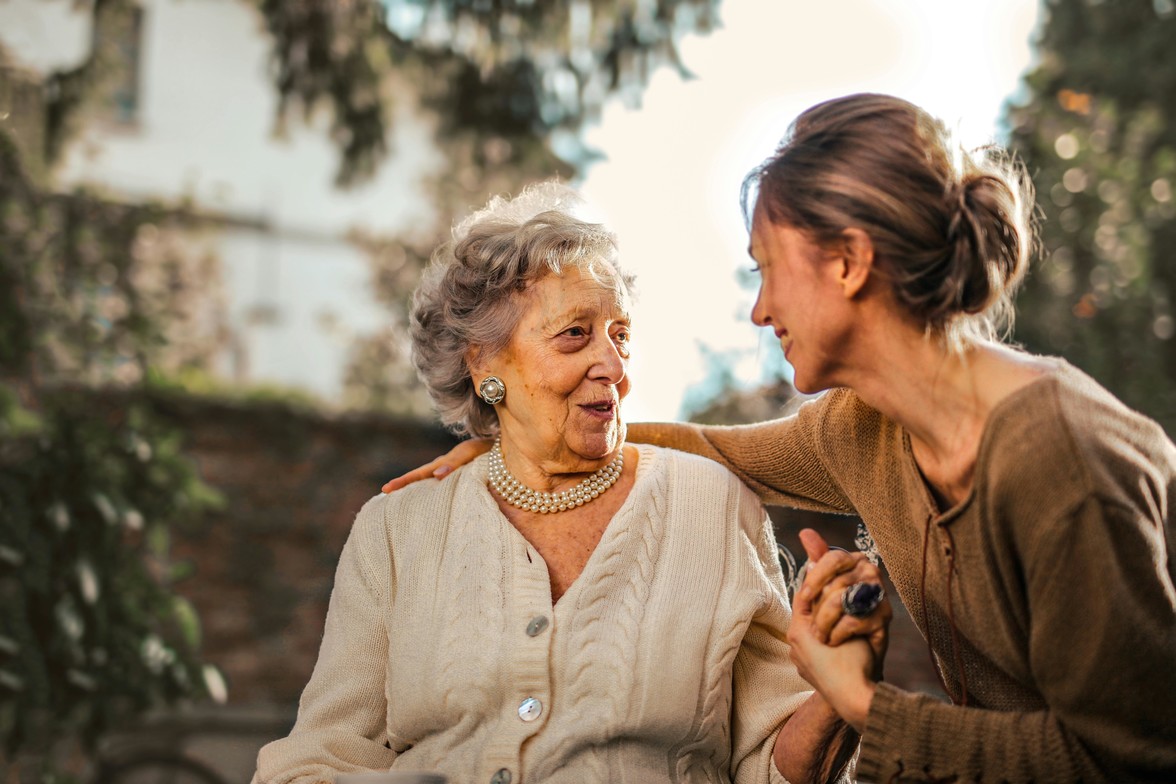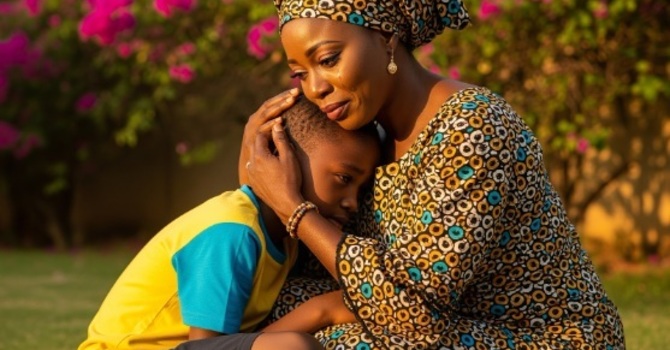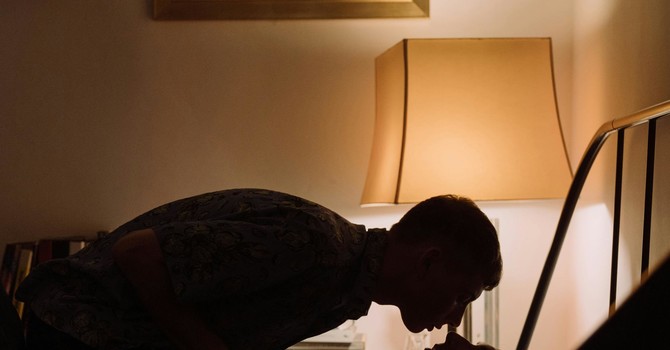
You imagined that this stage of life would come with some freedom—maybe career growth, a chance to travel, or time to focus on your own family. Instead, you’re navigating hospital discharge paperwork, managing your dad’s prescriptions, and wondering if you should move him in with you.
You’re not the only one. But it can sure feel that way.
From Adult Child to Caregiver: The Emotional Role Shift
When adult children begin caring for aging parents, they often find themselves in an unspoken identity crisis. One day you’re the “kid” in the family dynamic—even in your late 30s or 40s. The next, you’re suddenly in charge of driving to appointments, explaining lab results, or managing household tasks for a parent who once did those things for you.
Researchers call this a role transformation—where your original role (in this case, adult child) evolves into a new, caregiver-centered identity. This shift is more than logistical. It’s emotionally loaded.
As Ribeiro, Ho, and Senoo (2021) explain, the caregiver role is often born from an existing relationship. It feels natural, even moral, to step in—but it’s also governed by cultural norms and invisible expectations. For many caregivers, this transition carries a quiet grief: the loss of who your parent used to be and who you used to be in relation to them.
Making Sense of Caregiving
In a 2023 study on adult children who care for their aging parents, Charenkova found three recurring themes in how people made sense of this responsibility:
-
Believing in the value of family care
-
Making sense of the changing nature of caregiving
-
“Making the best of it”
Most participants didn’t just “end up” as caregivers—they saw caregiving as an expression of love, duty, and identity. At the same time, they acknowledged the emotional labor of holding this role, especially when it was long-term or under-recognized.
In therapy, I often hear clients talk about this sense of duty with mixed feelings. They want to be there—but they’re also exhausted, irritable, and isolated. They feel guilty for even having those reactions. But caregiving is hard. Loving someone doesn’t cancel out that truth.
The Quiet Isolation of Millennial Caregivers
One of the hardest parts of this role reversal is how isolating it can be.
Many Millennial caregivers in Toronto tell me that their peers aren’t going through this yet—or aren’t talking about it. They feel stuck between life stages: not young and carefree, but also not old enough to belong to traditional caregiver support groups.
Some are managing young kids while caring for a declining parent. Others are doing it solo. Even when surrounded by people, they carry this responsibility quietly.
Why?
Because they don’t want to burden their friends. Because it feels too complicated to explain. Because they’re afraid of being met with blank stares or “just hire help” suggestions.
Role Rotation: A Mental Health Strategy
Caregiver burnout is real—and so is caregiver identity loss. But Ribeiro et al. (2021) offer an important concept: role rotation.
The idea is simple: caregivers should have opportunities to step out of the caregiving role, even briefly, and return to other roles they hold—friend, worker, sibling, artist, partner.
This kind of rotation doesn’t mean abandoning responsibility. It means making space for your full identity, beyond caregiving. It’s about preserving your sense of personal choice and self-worth.
When caregivers don’t get this kind of break, the stress can snowball. They can begin to lose sight of themselves entirely.
You’re Not Alone
Caregiver role reversal is a profound and often invisible transition. It reshapes your relationship with your parent, your sense of self, and how you move through your life. And if you’re doing it quietly, behind the scenes? You’re far from alone.
In my psychotherapy practice, I work with Millennial and Gen X caregivers across Toronto, many of whom are managing these shifts with little to no external support. It doesn’t have to stay that way.
Talking about caregiving—naming its emotional and identity challenges—isn’t complaining. It’s survival. It’s care for yourself, too.
If you’re in this “in-between” place—caring, coping, and trying not to lose yourself—therapy can help.
Book a free consultation to explore how we can support you through it.
References
Charenkova, J. (2023). “Parenting my parents”: Perspectives of adult children on assuming and remaining in the caregiver’s role. Frontiers in Public Health, 11, 1059006. https://doi.org/10.3389/fpubh.2023.1059006
Ribeiro, L., Ho, B. Q., & Senoo, D. (2021). How does a family caregiver's sense of role loss impact the caregiving experience? Healthcare (Basel, Switzerland), 9(10), 1337. https://doi.org/10.3390/healthcare9101337
Monica Lau
Contact Me



